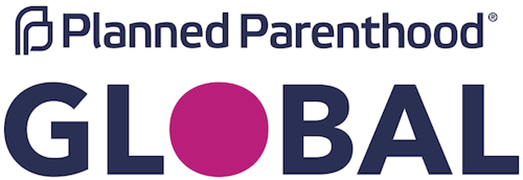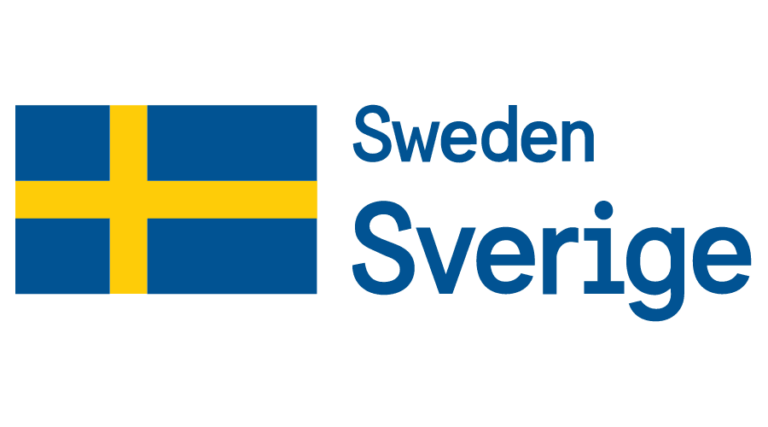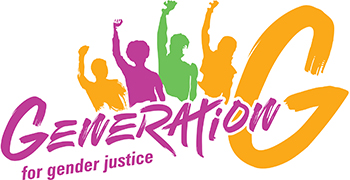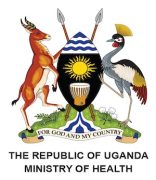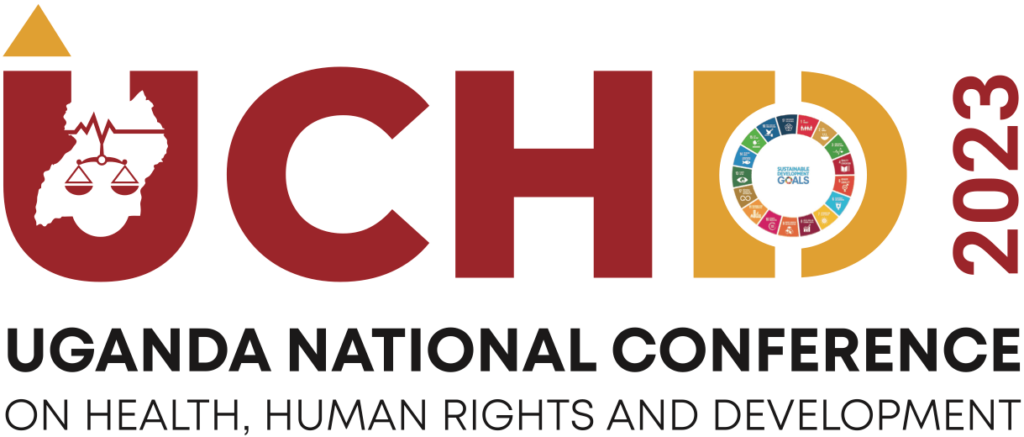- +256 200 956006
- UCHD.2023@cehurd.org
CALL FOR ABSTRACTS
The Uganda Ministry of Health (MoH) and the Center for Health, Human Rights and Development (CEHURD) are currently accepting abstracts to be considered for the Uganda National Conference on Health, Human Rights and Development (UCHD), 2023. We are inviting submissions of abstracts for oral, poster or workshop presentations. Abstracts should deal with issues highlighted in the five conference tracks below:
Conference Tracks
Strong, effective and resilient health systems are a pre-requisite for the realization of the right to health. Such a system would meet the international standards on the right to health which aim to ensure that health services are available, accessible, acceptable and of good quality. Under this theme health systems strengthening approaches will be discussed. Uganda has made remarkable progress on the realization of WHO’s six core components (building blocks) of health systems: leadership/governance, service delivery, health workforce, health information systems, access to essential medicines, and financing. However, there are specific pressing issues that remain unaddressed within each of these building blocks. The track will focus on such areas that are lagging behind. Examples include: availability and access to essential medicines and health supplies; alternative financing models for health services; meaningful community participation and strengthening Primary Health Care; effective accountability systems; and interventions aimed at strengthening the public health system.
The theme will focus on Uganda’s advancement on indicators for SRHR as well as persistent challenges and solutions. It will create a deeper understanding of reproductive equity and justice. Topics will cut across area such as: early and unwanted teenage pregnancies; HIV and AIDS; sexual and gender-based violence; social and cultural norms affecting the realization of SRHR; abortion care; contraception and other family planning services; maternal morbidity and mortality and sexuality education. Approaches that include self-care for SRHR; feminist approaches and masculinities will be addressed under this theme. The intersectionality between SRHR and non-communicable diseases such as cancer will be explored under this theme.
This theme will focus on areas such as: tracking the implementation of Uganda’s commitments on the right to health and social determinants on health, including those at national, regional and global level; realization of state legal obligations of respecting, protecting and fulfilling the right to health; use of the human rights approach in the review and development and implementation of laws and policies; the implementation of health laws and policies; underlying determinants of health; positioning the right to health within the health, political, economic; social development agendas; interventions that are addressing equity in health; strengthening primary health care; community participation and social accountability. The track will also share best practices in the application of the human rights based approach to address persistent health inequities.
The theme will focus on areas such as: impact of Covid-19 mental health for different population groups; mental health of marginalized and vulnerable populations; implementation of mental health law and policies; mental health services; addressing the growing problem of drug use; rehabilitation services; harm reduction approaches and best practices intersectionality between mental health and infectious and non-communicable diseases.
The realization of the right to health, including paying attention to social determinants of health requires effective partnerships and collaborative efforts. The track will demonstrate effective and impactful multi-sectoral approaches. It will also focus on bringing communities and those less included in health
interventions such as men at the forefront. This theme will therefore focus on: strengthening the public sector for effective health service delivery; importance of movement and coalition building; strengthening the ecosystem for health, human rights and SRHR; building and sustaining meaningful and impactful partnerships; public-private partnerships; models and approaches for successful partnerships; innovations in partnerships and collaboration; leveraging resources through partnerships and collaborative initiatives; partnerships in research and capacity building, among others.
ABSTRACT FORMATS
- Abstracts may be submitted for oral presentation (20 min) or poster or workshop presentations. Authors are encouraged to indicate their presentation preference.
- Abstracts are to be submitted in English
- All abstracts must be submitted online – using the links below; e-mailed abstracts will not be accepted.
- Abstracts should be no more than 300 words excluding details of the author(s).
- Presenting authors will need to provide a photograph and a bio of no more than 800 characters.
- You will need the abstract, author photograph and bio on hand when you submit your abstract online.
- Early submission is encouraged.
Assessment of abstracts
Abstracts will be assessed according to the following criteria
- Originality/innovativeness
- Relevance to the overall focus of the conference – Health, Human Rights and Development
- Alignment with the conference theme – The right to Health: A vital component in achieving SDGs.
- Relevant to the Ugandan and African context
- Relevance to policy, practice and/or research in relation to the right to health and realization of SDGs.
- Scientific rigor – for research-based abstracts//credibility for descriptive/programmatic abstracts
SPONSORS
